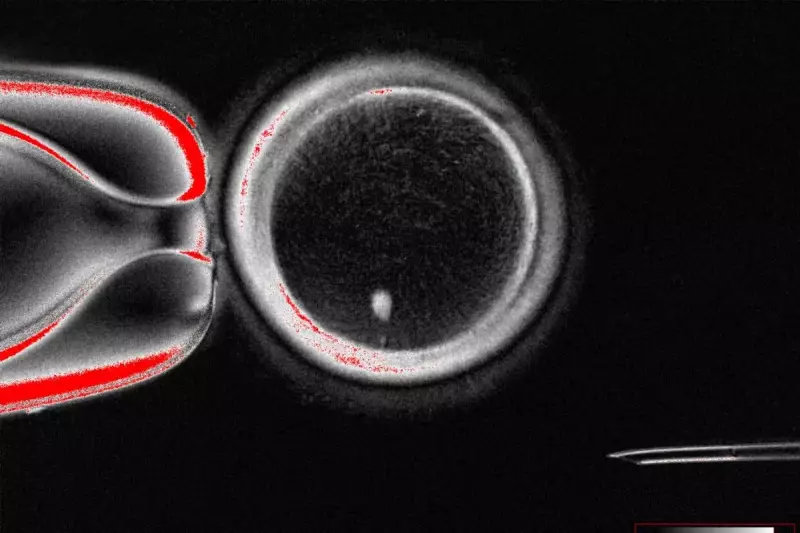
In a revolutionary discovery that could transform fertility treatments, scientists from the University of Southampton have uncovered the biological mechanisms that determine why some embryos develop successfully while others fail during IVF procedures.
The Cellular Mystery Solved
Researchers have identified that the fate of an embryo is determined within the first few days after fertilisation, specifically through a process called 'DNA methylation' - a crucial biological mechanism that controls gene activity in developing cells.
Professor Rebecca Birch, the study's lead author, explained: "We've discovered that embryos essentially make a critical decision very early in their development. The way their DNA is chemically modified determines whether they continue to grow into a healthy pregnancy or stop developing."
Potential to Revolutionise IVF Success
This breakthrough understanding could significantly improve IVF success rates by enabling clinicians to identify which embryos have the highest potential for successful development. Currently, approximately 50% of embryos fail to develop properly after conception, presenting a major challenge in fertility treatments.
The research team employed cutting-edge imaging technology to observe the earliest stages of embryonic development in real-time, tracking the critical changes that occur within the first 96 hours after fertilisation.
Hope for Thousands of Couples
With over 50,000 IVF cycles performed annually in the UK alone, this discovery offers new hope for couples struggling with infertility. The findings could lead to:
- More accurate embryo selection methods
- Improved IVF success rates
- Reduced multiple pregnancies
- Lower emotional and financial costs for patients
Professor Birch emphasised: "This isn't just about improving statistics - it's about helping people achieve their dream of having a family. Understanding why some embryos develop and others don't is fundamental to advancing reproductive medicine."
Future Implications
The research team is now working on developing non-invasive techniques to assess embryo viability based on their findings. This could mean that within the next few years, fertility specialists might be able to predict an embryo's potential with unprecedented accuracy.
This groundbreaking study, published in the prestigious journal Cell Development, represents a significant step forward in understanding human reproduction and could pave the way for more effective and personalised fertility treatments worldwide.





